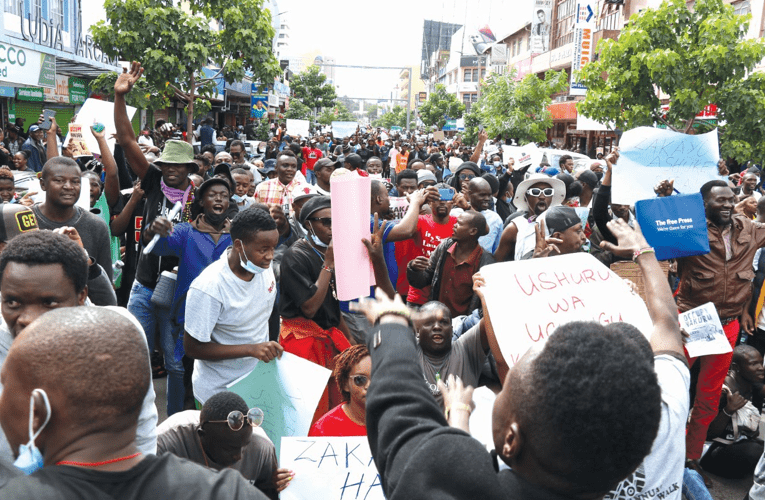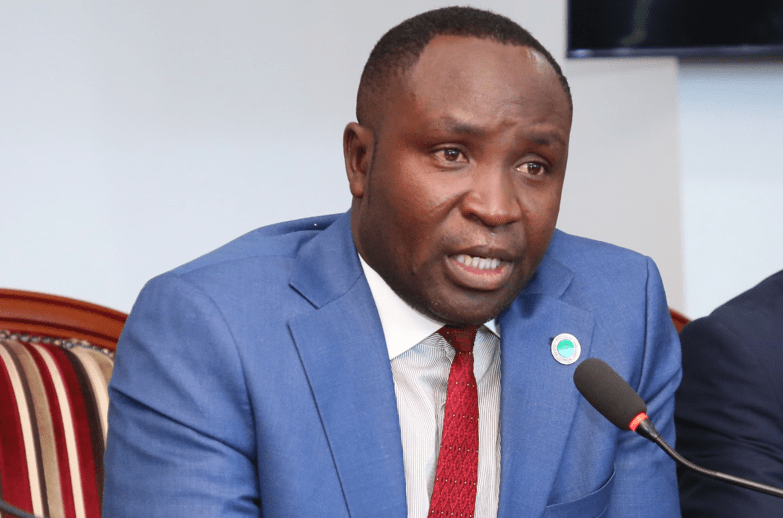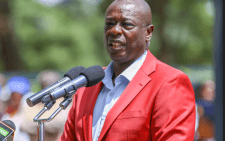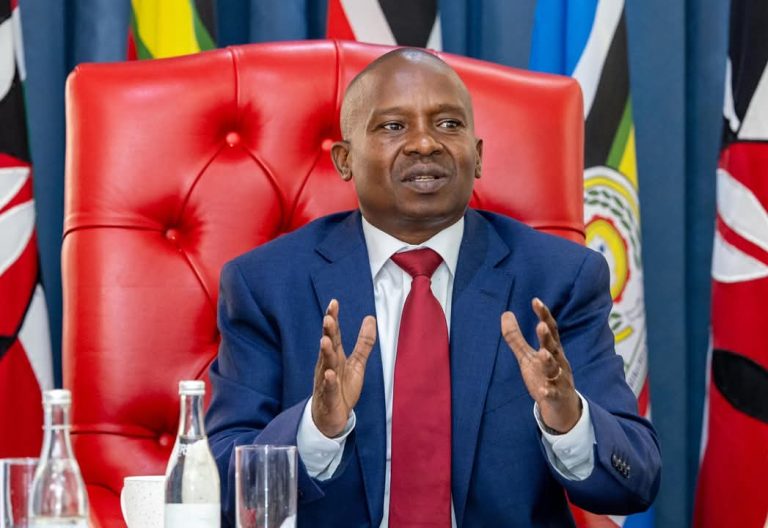Mbeere North MP Geoffrey Ruku set to withdraw Maandamano Bill

Mbeere North Member of Parliament Geoffrey Ruku has announced that he will withdraw the Assembly and Demonstration Bill, 2024, also known as the Maandamano Bill.
The announcement was made via a statement on his official X account, where the MP cited public opposition as the primary reason for his decision.
George Ruku announcement
“I have heard the voice of Kenyans and therefore decided to withdraw the Assembly and Demonstration Bill, 2024 (National Assembly Bills No. 28 of 2024). I will officially be writing to the Speaker of the National Assembly to withdraw the #MaandamanoBill,” Ruku posted.

He insisted that the bill was initially intended to enhance the safety and security of protesters, non-protesters, and businesses during demonstrations.
However, he acknowledged the public’s overwhelming disapproval and decided to heed their call for its withdrawal.
“The bill was founded on the need to give effect to article 37 of the Constitution and to enhance the safety and security of the protestors, non-protestors and businesses. However, I have agreed with the will of Kenyans that the bill be withdrawn. #MaandamanoBill,” he added.
The bill was officially titled the Assembly and Demonstration Act, of 2024. It defined key terms such as “assembly,” “demonstration,” “organiser,” and “public place.”
Organisers of assemblies or demonstrations were required to notify the regulating officer at least three but not more than 14 days before the event.
The notice had to include the organiser’s details, marshals, date, time, and place or route of the event. The regulating officer could reject the notice if another assembly was scheduled for the same time and place, and could impose conditions for public safety and order.
Organisers and participants were jointly liable for any property damage caused during the event.
Demonstration marshals
Organisers were mandated to appoint marshals to control the assembly or demonstration. Prohibited actions included inciting hatred, encouraging violence, wearing disguises or uniforms similar to those of security forces, and possessing weapons.

The police were granted powers to manage and restrict assemblies to maintain order and protect people and property.
The Cabinet Secretary was empowered to make regulations for the Act’s implementation. The bill proposed repealing sections 5 and 6 of the Public Order Act.
For these and more credible stories, join our revamped Telegram and WhatsApp channels.
Telegram: https://t.me/peopledailydigital
WhatsApp: https://whatsapp.com/channel/0029Va698juDOQIToHyu1p








